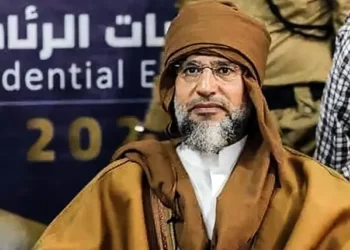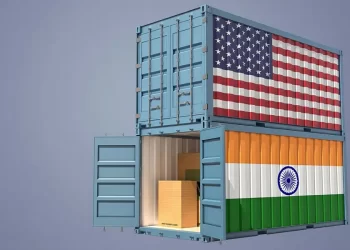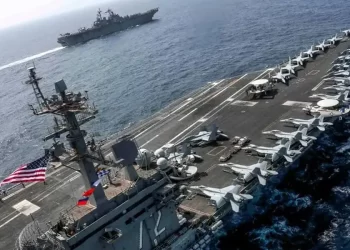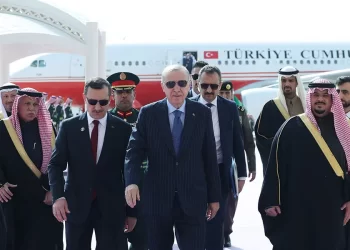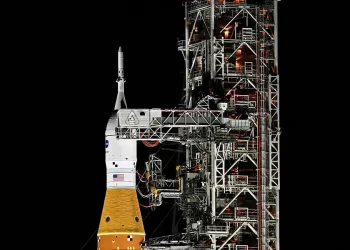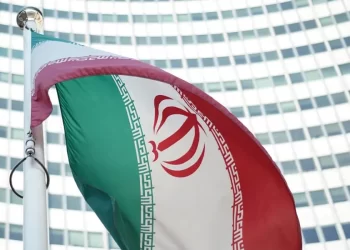SINGnews agenciesORE (news agencies) — Government leaders, defense officials and diplomats from around the world are gathering in Singapore for Asia’s premier security forum this weekend, at a time of increasing tension and competition for influence between the United States and China in the Indo-Pacific region.
Beijing in recent years has been rapidly expanding its navy and is becoming growingly assertive in pressing its claim to virtually the entire South China Sea, which has led to an increasing number of direct conflicts with other countries in the region, most notably the Philippines and Vietnam.
The U.S., meantime, has been ramping up military exercises in the region with its allies to underscore its “free and open Indo-Pacific” concept, meant to emphasize freedom of navigation through the contested waters, including the Taiwan Strait. China also claims the democratic self-governing island of Taiwan and has said it would not rule out using force to take it.
Since territorial hostilities with China surged last year in the South China Sea, Philippine President Ferdinand Marcos Jr.’s administration has taken steps to forge new security alliances with a number of Asian and Western countries and allowed a U.S. military presence in more Philippine bases under a 2014 defense pact.
Marcos opens this year’s Shangri-La Dialogue, hosted by the International Institute for Strategic Studies, with a keynote address Friday.
This week, Marcos already expressed concerns over a new law issued by China giving its coast guard license to seize foreign ships “that illegally enter China’s territorial waters” and to detain foreign crews for up to 60 days. The same law also made new reference to 2021 legislation that says China’s coast guard can fire upon foreign ships if necessary.
With Philippines ships now regularly confronted by the Chinese, there are concerns that a low-level confrontation could lead to an escalation, said Eugene Tan, a professor of international law at the Singapore Management University.
“I don’t think these countries are really looking to go to war with each other, but the concern with these skirmishes is that sometimes when you have a miscalculation, then things could rapidly deteriorate into the use of force,” he said.
“And I think the last thing that countries in the region would want, particularly as they focus on the post-pandemic recovery, would be to have a regional conflict at the doorstep.”
This year’s conference comes just a week after China held massive military drills around Taiwan, staging a simulated blockade of the island after it inaugurated a new government that refuses to accept Beijing’s insistence that the island is part of China.
China regards Taiwan as a renegade province that must come under its control, by force if necessary.
The U.S., like most countries, does not have formal diplomatic ties with Taiwan but is bound by its own laws to provide the island with the means to defend itself. The U.S. called China’s military exercises “reckless.”
Bilateral contact between the American and Chinese militaries broke down in 2022 after then-U.S. House Speaker Nancy Pelosi visited Taiwan, infuriating Beijing.
That has slowly been reestablished in recent months, and U.S. Defense Secretary Lloyd Austin and Chinese Defense Minister Dong Jun, who are both attending the Shangri-La Dialogue, met with each other Friday even before the forum began.
It was the first face-to-face meeting the two have had since direct talks broke down, though they have spoken previously by phone.
The two were expected to talk about establishing a channel of direct communication between military commanders responsible for the area around Taiwan and the rest of the region, said Pentagon spokesperson Lt. Col. Marty Meiners.
“We are committed to delivering on the president’s direction to increase military-to-military communication,” he said.
“The department will continue to engage in active discussions with PRC (People’s Republic of China) counterparts about future engagements between defense and military officials at multiple levels.”
Tan said he wouldn’t expect any big breakthroughs from the talks, but that it was important that the two were in direct contact to “reduce the temperature” between the two countries.
“We would probably be expecting too much of the Shangri-La Dialogue to expect any sort of concrete moves forward,” he said. “The Shangri-La Dialogue is really providing the opportunity for very incremental steps in trust and confidence building.”



